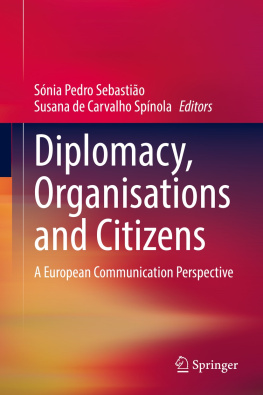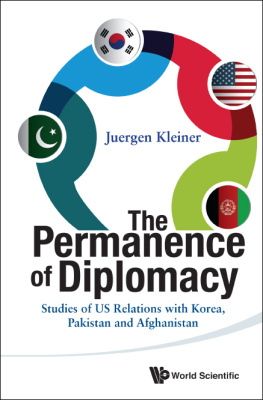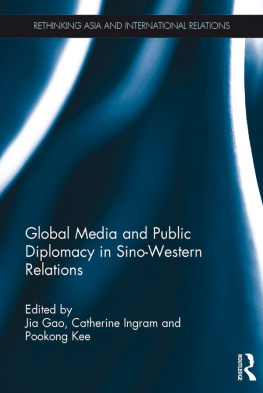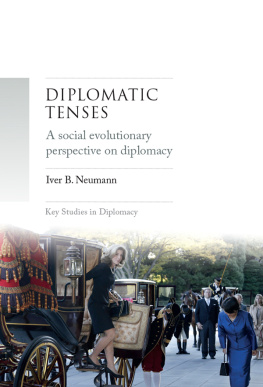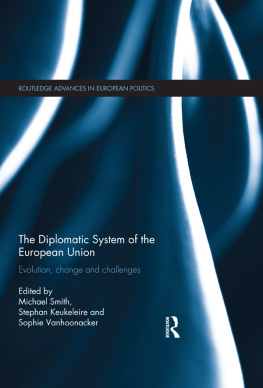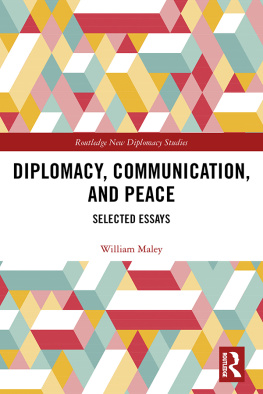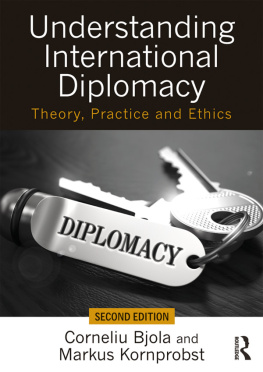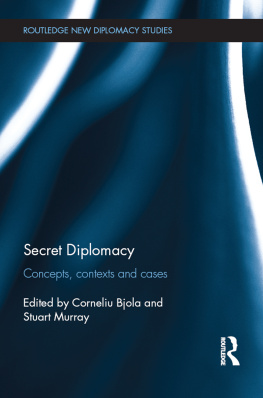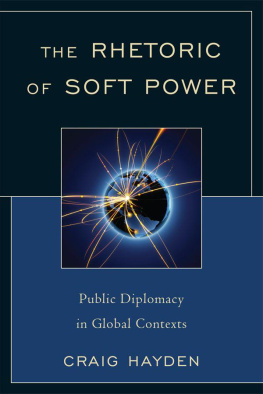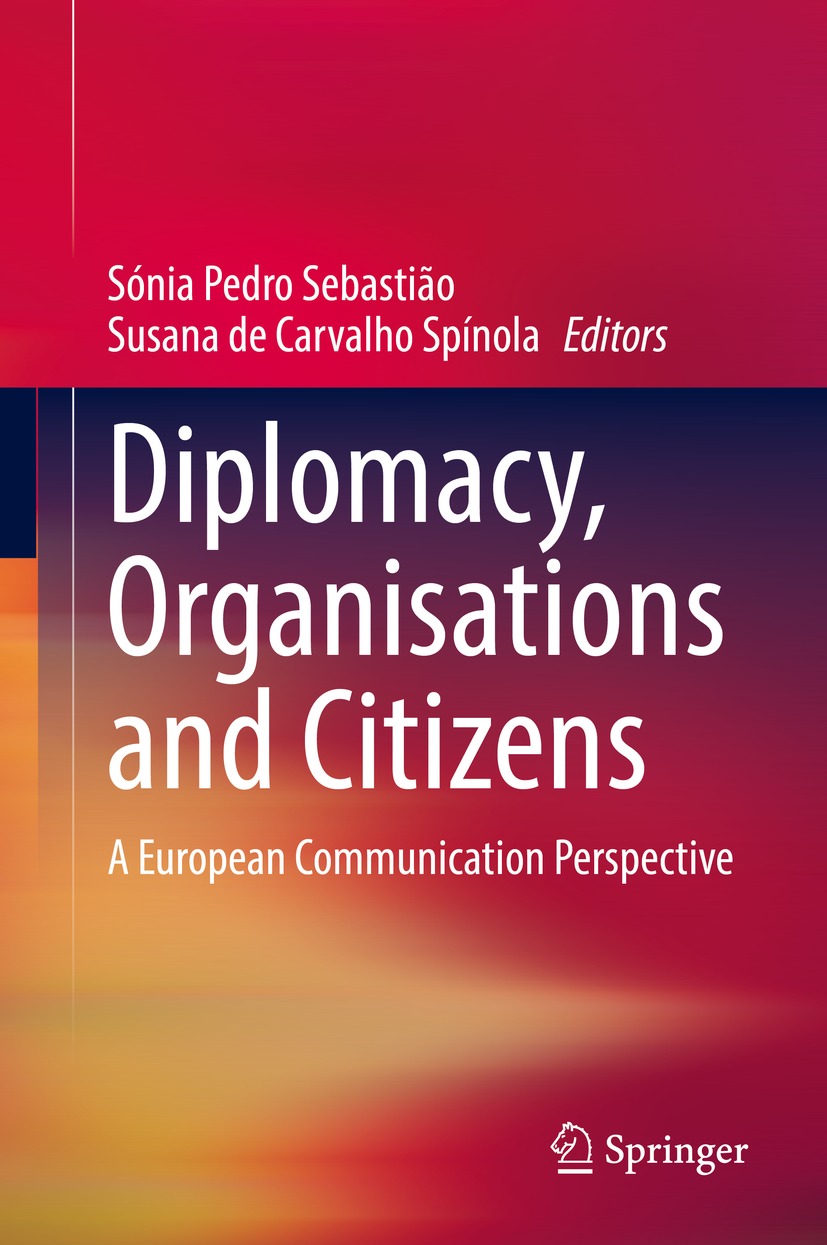Editors
Snia Pedro Sebastio
Institute of Social and Political Sciences (ISCSP), University of Lisbon, Lisbon, Portugal
Susana de Carvalho Spnola
Institute of Social and Political Sciences (ISCSP), University of Lisbon, Lisbon, Portugal
ISBN 978-3-030-81876-0 e-ISBN 978-3-030-81877-7
https://doi.org/10.1007/978-3-030-81877-7
The Editor(s) (if applicable) and The Author(s), under exclusive license to Springer Nature Switzerland AG 2022
This work is subject to copyright. All rights are solely and exclusively licensed by the Publisher, whether the whole or part of the material is concerned, specifically the rights of translation, reprinting, reuse of illustrations, recitation, broadcasting, reproduction on microfilms or in any other physical way, and transmission or information storage and retrieval, electronic adaptation, computer software, or by similar or dissimilar methodology now known or hereafter developed.
The use of general descriptive names, registered names, trademarks, service marks, etc. in this publication does not imply, even in the absence of a specific statement, that such names are exempt from the relevant protective laws and regulations and therefore free for general use.
The publisher, the authors and the editors are safe to assume that the advice and information in this book are believed to be true and accurate at the date of publication. Neither the publisher nor the authors or the editors give a warranty, expressed or implied, with respect to the material contained herein or for any errors or omissions that may have been made. The publisher remains neutral with regard to jurisdictional claims in published maps and institutional affiliations.
This Springer imprint is published by the registered company Springer Nature Switzerland AG
The registered company address is: Gewerbestrasse 11, 6330 Cham, Switzerland
Foreword
This important collection of essays on the role of communication through the prism of public, corporate and civic diplomacy perspectives can be seen as part of PRs long journey of exploration and practice development around public interest and societal agendas. An important theme of the book is that it explores not only how states and organisations engage with these agendas but also how citizens create and shape them. The book fills an important need, as the external context, which makes the diplomacy communication perspective increasingly relevant, is growing in complexity and challenges. Some commentators have framed this in the context of the public sphere and the demands that the public sphere is expected to now address (Bolweski, 2020). The focus on the relationship between diplomacy and communication can also be observed as part of the growing institutionalisation of communication theory and practice in public interest agendas, alongside the continuing interest internally in the profession to make it more strategically relevant.
The book is an important outcome from the related Erasmus+ programme and the MARPE European network, which has been a major force in the development of European agendas in communication education. The book has been strongly influenced by strong practitioner input which has been a feature of recent Erasmus programmes (IP and +) run by the MARPE network. Teaching and learning and student engagement alongside significant practitioner involvement have acted as important catalysts in the initial research identification process, which has led to this book. More widely, this book can be considered as tracing its origins back to the pioneering work of Jos Willems and other academics in the 1980s, seeking to develop a pan-European identity to communication education in Europe. This journey led in turn to the formation of EUPRERA (European Public Relations Education and Research Association) and influenced the development of the Bled Manifesto mission statement in 2002, which put societal and public interest agendas at the forefront of modern European PR practice.
This book can be comprehended as part of a growing body of interdisciplinary work where communication research has reached out to other disciplines to inform the development of theory and practice. For example, the influence of social theory has made a major contribution to communication research over the last 20 years. While more recently communication has been informed by institutionalisation theory bringing concepts such as organisational legitimacy to the fore, in this instance, institutionalisation researchers have also reached out to communication and its influence on legitimacy (Cornelissen et al., 2015; Suddaby et al., 2017) highlighting a developing symbiosis between the two disciplines. This same symbiotic effect is starting to be seen with diplomacy perspectives with an increasing body of studies exploring the role of communication particularly digital media in public diplomacy processes. The impact of former President Trump tweeting and bypassing traditional intermediaries and being followed by over 80 million citizens in many different countries sums up the interplay of these disciplines. But it also shows that the diplomacy tag and association with international audiences and relations are now too limited for diplomacy communication models. This book explores new developments that have a strong national, citizen focus as well as those with a more international character.
An important context, which makes the book particularly timely, is the challenge facing existing state actors and organisations particularly with agendas that have a global relevance such as climate change, Black Lives Matter and MeToo. These issues have all encouraged new actors and organisations to move into an expanded public sphere space alongside governments and international organisations. Figures such as Greta Thunberg speak more clearly to citizens globally on climate change than any elected leader, showing the relevance of a civil society diplomacy communication perspective, which is one of the themes of this book. At the same time, a number of transnational organisations, particularly in the tech sector, have become so powerful that they are to all intent a new form of state actor, too powerful in many contexts for national governments to control.
While governments in a number of countries such as France with its Great National Debate seek to listen and engage more actively with its citizens to address issues of declining trust, which can be seen to draw on communication practice strongly influenced by what we might term as public diplomacy. Certainly, the PR as diplomacy perspective gives important insights for communication practitioners to help understand the complex dynamics of the multi-level national and global public spheres.
A sub-text to the book, which has been a long-running debate within the PR profession, is its role as a strategic management discipline. Since the important work of James Grunig and his team in the 1980 and 1990s (Excellence Theory) on what were then considered as characteristics of PR as a strategic management discipline, this agenda has been a continuing concern. This same concern can be considered as influencing mission statements such as the Stockholm Accords (2011) and the Melbourne Mandate (2012). The development of new communication perspectives drawing on institutionalisation theory and concepts around organisational legitimacy have been a feature of strategic communication, and its work around building a new set of strategic skills. In this respect, there are parallels with PR as public diplomacy, as both have placed the public interest at the centre of practice. The books exploration of civil society diplomacy and focus on citizen agendas including new themes such as citizen science can be experienced as opening up new avenues in public diplomacy research. These tie in well with new developments in communication around co-creational communication, where meaning is developed and shared between organisations and publics that has become such a feature of PR practice and social media. However, some caution must be shown over expecting a new area of communication such as PR as public diplomacy to be a solution. Although the context of a situation may be strategic, involving political agendas, major state and non-state players and other actors, this does not necessarily mean that the communication team has a strategic influence. Therefore, the book brings important insights around the development of new skills, which is an important strategic agenda for the communication profession.

